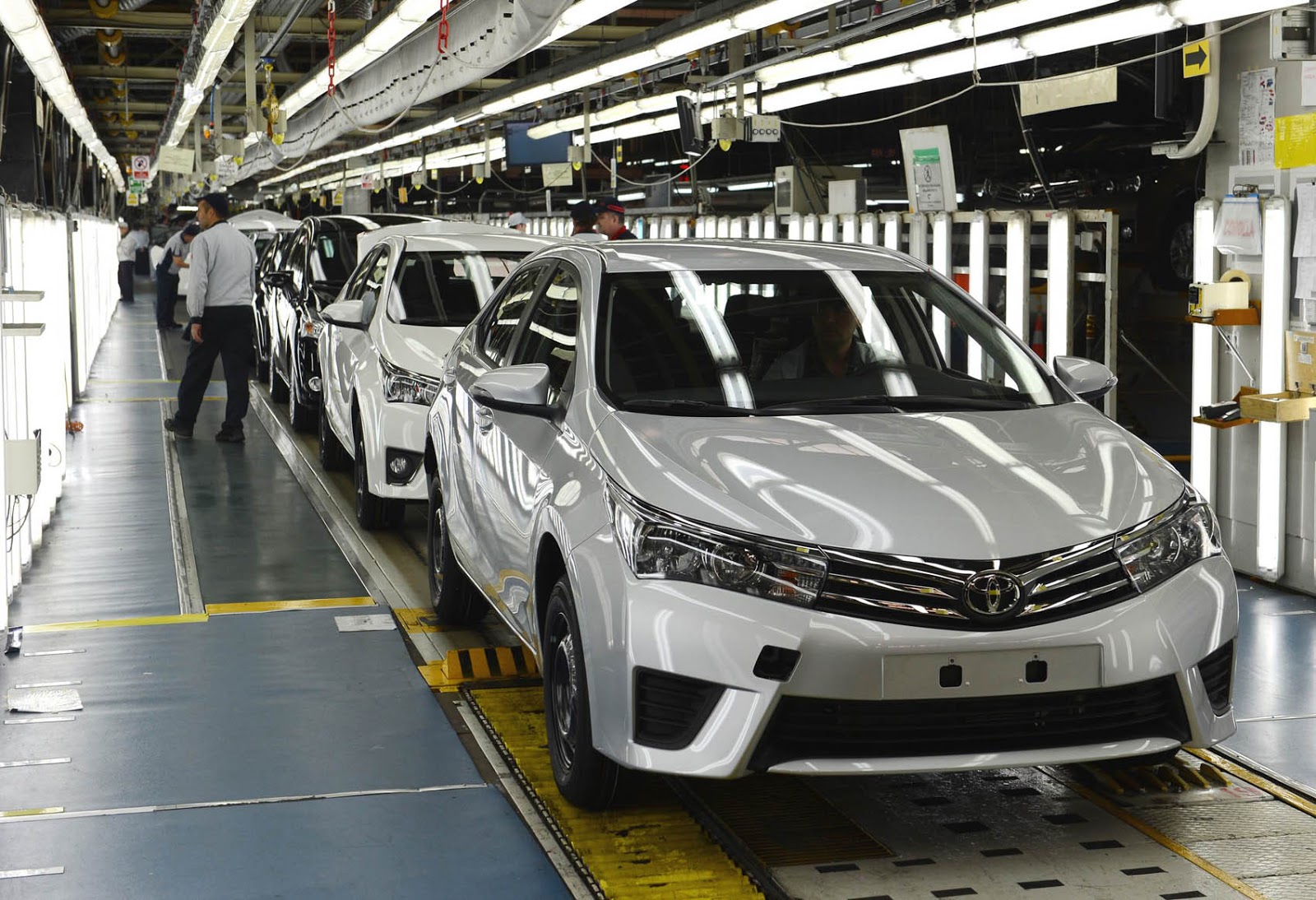

Lentz notes, for instance, that TPS was instrumental in helping the St. Toyota describes TPS as an “organizational culture that engages people to continuously make improvements” and is sustained by three integrated elements: Toyota’s philosophy, which includes continuous improvement, engaging employees, and putting the customer first TPS tools and practices such as just-in-time and “built-in quality” and the role of managers to inspire and develop people “to surface and solve problems to improve performance.”īut TPS practitioners and beneficiaries also will say that the system is far more than the sum of these parts, that it involves a holistic approach to improving practices, processes and even attitudes that can enlighten managers and workers not only on a factory floor but also in a soup kitchen, a disaster-relief center or a health-care operation. “Now they’re true advocates, and it has helped them.” “We ended up buying furniture from them, but at one point they were looking at moving an unproductive manufacturing line overseas, and we assisted them with TPS,” he tells Chief Executive. Jim Lentz, CEO of Toyota North America, explains TPS’s long relationship with Herman Miller this way. She’s relying in part on leveraging TPS as she gets a handle on her new industry after joining Herman Miller in 2018 from the fashion world, where she honchoed supply chains for The Gap and other companies. TPS teams “work in our plants quite frequently,” Andi Owen, CEO of Zeeland, Michigan-based Herman Miller, the giant office-furniture manufacturer, tells Chief Executive. Over the decades, American companies ranging from arch-rival General Motors to Herman Miller have learned about the Toyota way of making things, improving their own factories and processes as a result.Īnd as a not-for-profit arm of Toyota North America, the purveyor of TPS, the Toyota Production System Support Center, has shared its know-how with more than 350 government entities and other non-profits as well as small to mid-sized manufacturers over the last 25 years. manufacturing extends way beyond its own operations-because of the Toyota Production System. What is lean? Web.Toyota recently reminded Americans about its huge manufacturing footprint in this country with an announcement about how the Japanese automaker plans to expand its presence by investing nearly $13 billion over five years, throttling up its original $10-billion commitment and adding nearly 600 jobs at manufacturing plants in five states.īut Toyota’s influence on U.S. Each component in the production line is continuously improved until it reaches the stage of perfection. At Toyota, they believe that machines cannot think for themselves, which is why the human contribution is of paramount importance.
Toyota production system manual#
The most significant part of the system is the manual improvement of robotic systems. The Toyota Production System is one of the first philosophies to address the concerns of lean manufacturing. Continuous improvement by hand allows the company to reduce waste and make individual components more efficient. The system requires that customer demands are studied in order to determine which products need to be produced. The Toyota Production System has the same values, which is why it is often studied in the context of lean manufacturing. Lean OrganizationĪ lean organization is customer-centric and efficient in terms of resource usage (Lean Enterprise Institute, 2020).

Just-in-Time production eliminates waste because unneeded components are never produced. The principle of jidoka is aimed at eliminating variability – when an abnormality occurs in one line, all other lines stop until the defect is removed and systems are checked. At any given moment, only those items which are needed for the next step are made. When the desired quality is achieved, and all lines are able to produce identical goods, the production starts (Toyota Motor Corporation, 2020). Jidoka is the first principle of the system, and it requires production components to be improved by hand until they are safe and accurate. The primary purpose is to reduce the number of resources used to make one unit of product. The Toyota Production System is a philosophy based on two concepts – “jidoka” and “Just-in-Time.” Jidoka means automation with a human touch, while Just-in-Time refers to the fact that only required components are produced at a given moment (Toyota Motor Corporation, 2020).


 0 kommentar(er)
0 kommentar(er)
